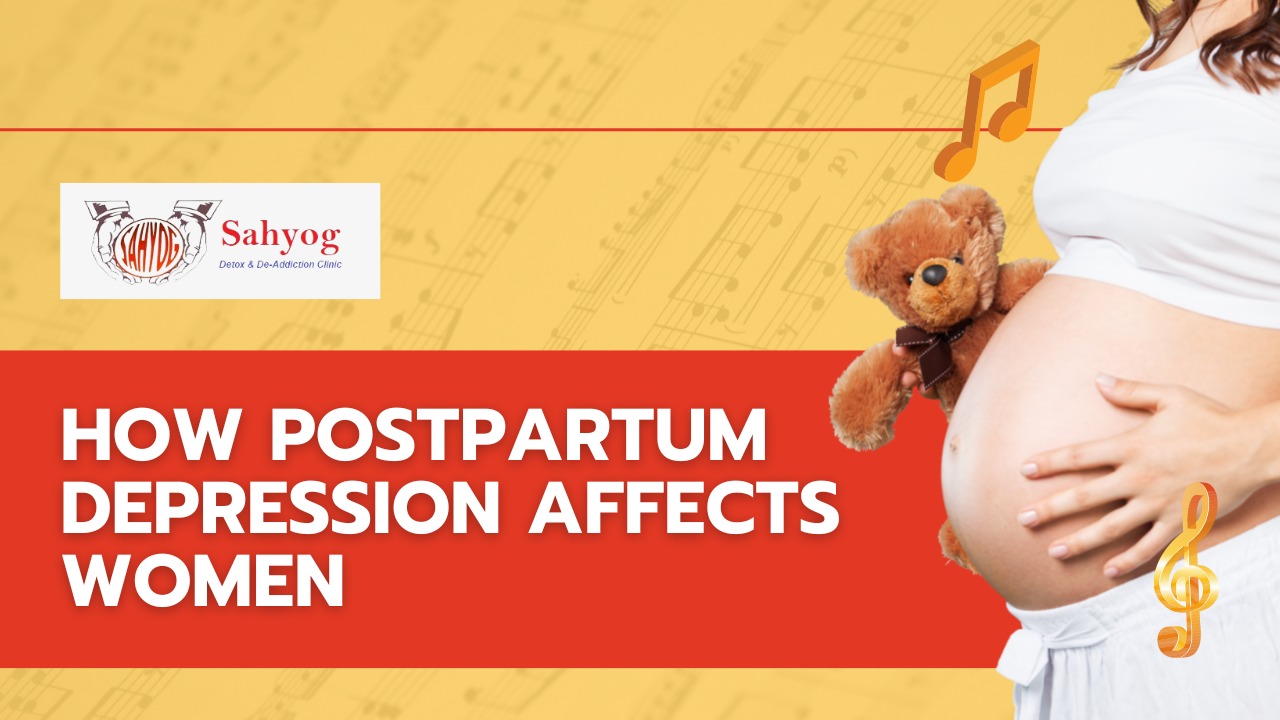
How Postpartum Depression Affects Women
Introduction
Bringing a new life into the world is an overwhelming experience that brings immense joy and happiness. However, for some women, this journey can be a rollercoaster of emotions that may lead to postpartum depression. Postpartum depression affects millions of women worldwide, yet it remains a taboo topic that many are hesitant to discuss openly. In this blog post, we will delve into what postpartum depression really is, its causes and symptoms, and most importantly- how you or someone you know can get help. So buckle up as we embark on this journey together!
What is postpartum depression?
It is estimated that 1 in 7 women experience PPD after giving birth. Postpartum depression is a type of clinical depression that can affect new mothers. PPD can occur anytime during the first year after childbirth.
The symptoms of PPD can include:
- Sadness
- Anxiety
- Exhaustion
- Loss of interest in hobbies or activities
- Insomnia or sleeping too much
- Changes in appetite
- Irritability or anger
- Feelings of worthlessness, guilt, or shame
- Difficulty bonding with your baby
These symptoms can interfere with a woman’s ability to care for her baby and perform other daily tasks. If you are experiencing any of these symptoms, please reach out to your doctor or a mental health professional for help.
Causes of postpartum depression
There are many possible causes PPD, and it may be a combination of factors. Hormonal changes after childbirth are one possibility, as is sleep deprivation and the stress of caring for a new baby. Other risk factors include a history of depression, anxiety, or other mental health disorders; a lack of social support; and previous traumatic experiences.
Also Read: Here Are 5 Amazing Foods to Help You Reduce Stress
Symptoms of postpartum depression
It is estimated that 15% of women experience postpartum depression (PPD) after the birth of a child. PPD can occur any time during the first year after childbirth, but it most commonly begins within the first few weeks postpartum. Symptoms of PPD can include:
- Feelings of sadness, hopelessness, or emptiness
- Loss of interest in activities that used to bring joy
- Withdrawing from family and friends
- Problems sleeping or eating
- Anxiety and irritability
- Difficulty bonding with baby
- Intense anger or rage
- Losing interest in sex
- Feeling disconnected or numb
If you are experiencing any of these symptoms, it is important to reach out to your doctor or a mental health professional for help. Treatment for PPD can include therapy, medication, and support groups.
Diagnosis of postpartum depression
Postpartum depression (PPD) is a form of clinical depression that can affect women after childbirth. PPD can occur anytime within the first year postpartum, but most cases are diagnosed within the first four to six weeks postpartum. Symptoms of PPD include:
- Persistent feelings of sadness or emptiness
- Anxiety or panic attacks
- Loss of interest in activities that were once enjoyed
- Anger or irritability
- Insomnia or sleeping too much
- Fatigue or loss of energy
- Feeling overwhelmed or hopeless
- Difficulty bonding with baby
- Thoughts of harming oneself or baby.
If you are experiencing any of these symptoms, it is important to seek professional help. A healthcare provider can assess your symptoms and make a diagnosis. Treatment for PPD typically includes individual therapy, group therapy, and/or medication management.
Treatment of postpartum depression
It is estimated that 1 in 7 women experience postpartum depression (PPD), making it the most common complication of childbirth. While the exact cause of PPD is unknown, it is thought to be a combination of hormonal changes, lack of sleep, and stress.
PPD can present itself in a number of ways, including:
- Feelings of sadness, anxiety, or emptiness
- Loss of interest in activities that used to bring joy
- Withdrawal from friends and family
- Irritability or anger
- Difficulty bonding with your baby
- Feelings of worthlessness, hopelessness, or guilt
- Thoughts of harming yourself or your baby
If you think you may be suffering from PPD, it’s important to seek help from your health care provider. Treatment for PPD typically includes counseling and/or medication. With treatment, most women are able to fully recover from PPD and go on to have healthy and happy motherhood experiences.
Conclusion
Postpartum depression can be a difficult and complex condition to deal with, so it’s important for women who may be struggling to seek help from their doctor or health care provider. It is also important for partners and family members of those affected by postpartum depression to understand the challenges that come with this condition and offer support whenever possible. With proper treatment, many women are able to overcome postpartum depression and live full, healthy lives.
